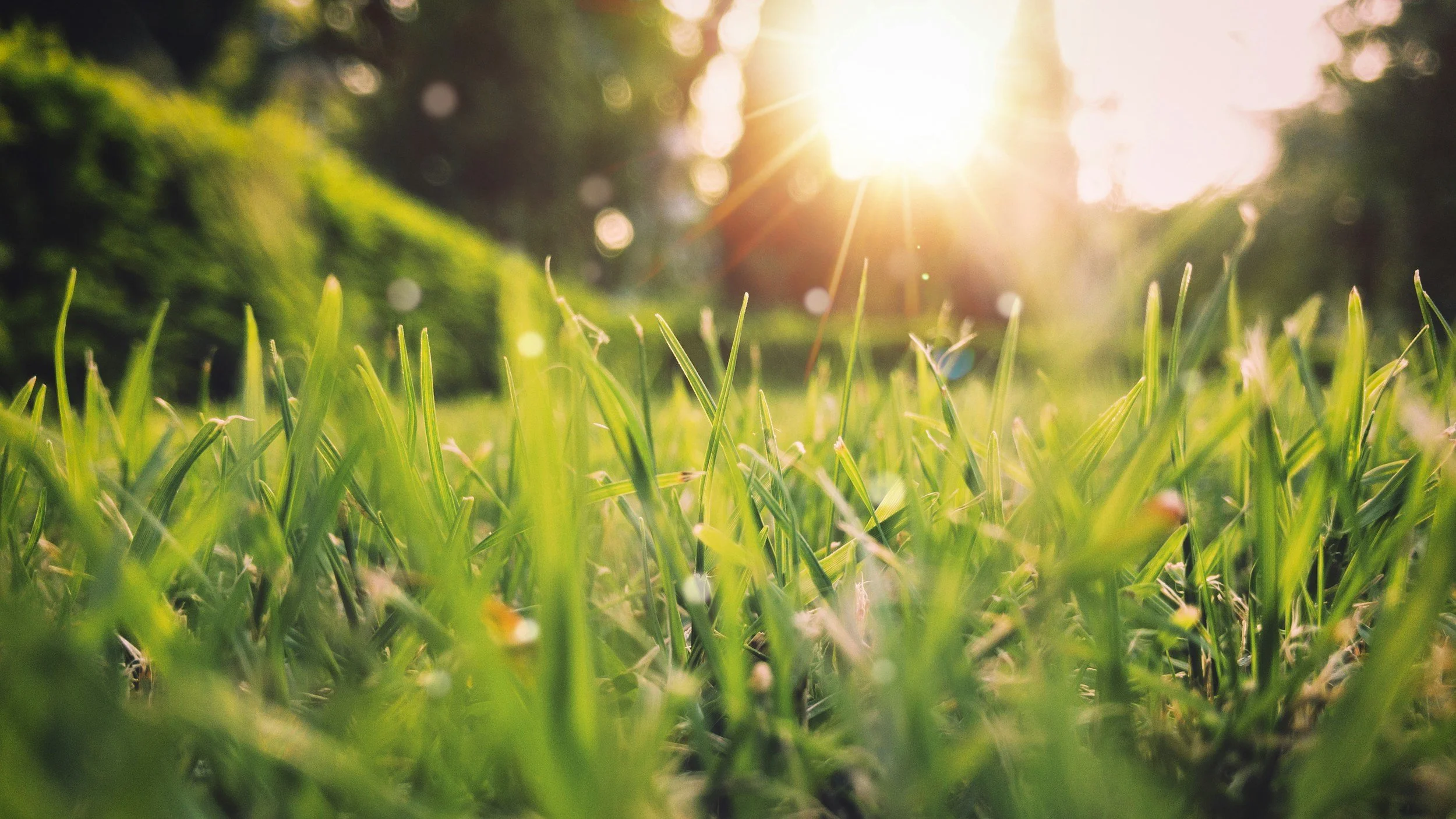Seasonal Allergies: Causes, Symptoms, and the Best Tips for Relief
As the flowers bloom and trees come back to life, many people look forward to the warmer seasons—except for those with seasonal allergies. If you’re among the millions who suffer from sneezing fits, itchy eyes, and fatigue every spring or fall, you’re not alone.
This in-depth guide from Healthy Resolutions LLC will explain what seasonal allergies are, their common symptoms and causes, and—most importantly—how you can manage them effectively. Whether you prefer lifestyle changes, over-the-counter medications, or need a prescription solution, we’ve got tips and tricks to help you breathe easier all year round.
What Are Seasonal Allergies?
Seasonal allergies, also known as allergic rhinitis or hay fever, occur when your immune system overreacts to allergens in the environment. These allergens are typically airborne and only present during certain times of the year—hence the term seasonal.
Your body treats harmless substances like pollen as threats, releasing histamines and other chemicals that trigger allergy symptoms.
The most common seasonal allergens include:
Tree pollen (spring)
Grass pollen (late spring to summer)
Weed pollen (late summer to fall)
Mold spores (especially after rain)
According to the American College of Allergy, Asthma & Immunology (ACAAI), more than 50 million Americans experience allergies each year.
Common Symptoms of Seasonal Allergies
Symptoms can vary from mild to severe and often mimic those of a cold. The key difference? Seasonal allergies aren’t caused by a virus, so you won’t have a fever.
Watch for these signs:
Sneezing, often multiple times in a row
Runny or stuffy nose
Itchy, watery, or red eyes
Itchy throat, ears, or roof of the mouth
Postnasal drip
Coughing
Fatigue (often from disrupted sleep)
Headaches or facial pain from sinus pressure
These symptoms can interfere with daily life, making it difficult to concentrate, sleep, or enjoy the outdoors.
What Triggers Seasonal Allergies?
Your symptoms may be triggered by:
Pollen: The biggest culprit. Pollen from trees, grasses, and weeds is released into the air to fertilize other plants.
Mold spores: Thrive in damp environments and spike in humidity or after rain.
Air pollution: Can intensify symptoms, especially in urban environments.
Temperature changes: Can affect the presence and concentration of allergens.
Windy days: Pollen travels more freely, increasing your exposure.
What Triggers Seasonal Allergies?
Your symptoms may be triggered by:
Pollen: The biggest culprit. Pollen from trees, grasses, and weeds is released into the air to fertilize other plants.
Mold spores: Thrive in damp environments and spike in humidity or after rain.
Air pollution: Can intensify symptoms, especially in urban environments.
Temperature changes: Can affect the presence and concentration of allergens.
Windy days: Pollen travels more freely, increasing your exposure.
Tips to Reduce Allergen Exposure
You can’t stop pollen from filling the air—but you can limit your contact with it.
Here’s how to minimize your exposure:
Check the pollen forecast. Use apps like Pollen.com or Weather.com Allergy Tracker to stay informed.
Stay indoors on high pollen days, especially mid-morning and early evening when pollen levels are highest.
Shower and change clothes after being outside to remove pollen from your skin and hair.
Keep windows closed. Use air conditioning to filter indoor air.
Clean regularly. Dust and vacuum with HEPA filters to trap allergens.
Use an air purifier in your bedroom for cleaner sleep air.
Avoid line-drying clothes outside. Pollen can cling to fabrics.
Wear sunglasses and a hat outdoors to keep pollen out of your eyes and hair.
Best Over-the-Counter Medications for Allergy Relief
Many people find great relief from OTC medications. Always read labels and check with your provider—especially if you have other health conditions.
Here’s what you can try:
1. Antihistamines
Help relieve sneezing, runny nose, and itching.
Claritin (loratadine)
Zyrtec (cetirizine)
Allegra (fexofenadine)
Benadryl (diphenhydramine – may cause drowsiness)
2. Nasal Sprays
Reduce inflammation and congestion.
Flonase (fluticasone)
Nasacort (triamcinolone)
Rhinocort (budesonide)
3. Decongestants
Clear nasal passages.
Sudafed (pseudoephedrine)
Afrin (oxymetazoline – use for no more than 3 days to avoid rebound congestion)
4. Eye Drops
Relieve redness and itching.
Zaditor (ketotifen)
Visine Allergy (antihistamine formula)
Prescription Treatments for Seasonal Allergies
If OTC options don’t offer enough relief, your provider at Healthy Resolutions can help with stronger treatments.
💉 Prescription options include:
Stronger antihistamines or nasal sprays
Montelukast (Singulair): A leukotriene receptor antagonist that helps with both asthma and allergies.
Allergy shots (immunotherapy): Long-term treatment that gradually desensitizes your immune system to allergens.
Sublingual immunotherapy (SLIT): Tablets that dissolve under your tongue and build resistance to allergens like grass or ragweed.
Want to explore prescription options? Book a virtual visit with Colleen Graziano, APRN-BC.
Lifestyle Tips & Natural Remedies
Incorporating some natural habits and home remedies into your routine can further reduce symptoms and improve quality of life.
Natural ways to fight back:
Rinse with a saline nasal spray or neti pot. Helps flush allergens from nasal passages.
Use a cold compress for itchy eyes.
Drink more water. Staying hydrated keeps your mucus thin.
Consume local honey. Anecdotally said to help desensitize your body to local pollen.
Eat anti-inflammatory foods. Add turmeric, ginger, leafy greens, and berries to your diet.
Get plenty of sleep. Helps your immune system function better.
Try acupuncture. Some people find it helps reduce allergy symptoms.
Note: Always check with your provider before starting new supplements or treatments.
Breathe Easier This Allergy Season
Seasonal allergies can be frustrating, but with the right approach, they don’t have to take over your life. Whether you’re managing mild sniffles or battling daily fatigue from pollen overload, Healthy Resolutions LLC is here to help.
Recap of key tips:
Identify your triggers and monitor pollen forecasts
Reduce exposure through simple daily habits
Try OTC medications or explore prescription options
Keep your home allergen-free
Use natural remedies as a complement—not a replacement—for medical treatment
Feeling overwhelmed? You don’t have to go it alone. Schedule a virtual consultation with Colleen Graziano, APRN-BC to discuss your symptoms and create a personalized allergy relief plan.



